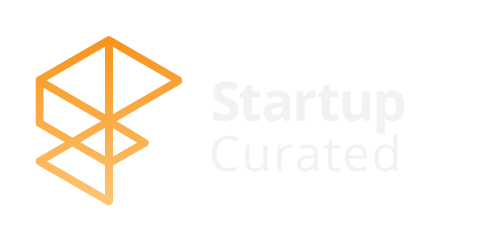Cover photo by Alexander Hafemann on Unsplash
Declaring your company or product an Open Startup is becoming increasingly popular, but what does this mean?
What is an Open Startup?
The Open Startup trend is a transparency and openness movement seemingly initiated by Buffer, quickly adopted by Ghost, capitalised by Baremetrics, and recently popularised in the Indie Maker community by Pieter Levels.
There's no official definition yet (and the Oxford dictionary weren't available for comment), so let's write one; A product or company which operates in the open and shares their statistics publicly.
All a company needs to declare themselves an Open Startup is to share their metrics such as revenue, users, and traffic. This is usually done on a dedicated page with lots of numbers and charts hopefully showcasing growth, and it can sometimes tells a story of the company (like Hacker Noon’s).
What are the benefits?
The benefits of being an Open Startup are the subject of much debate. This Twitter thread touches on some of the controversy.
We’re in a dystopian era in which horrible truths about companies profiting and growing in unethical ways are being reported every day. Many people believe that startups and products being transparent about how they make their money is a positive change, and one that is appreciated by customers.
One positive result from these news stories is that indie development communities are growing. More products are being built by individuals and small companies who have lost trust in large corporate methodologies. Many of these are Open Startups and it’s encouraging to see a product flourish and grow from the idea to first sale, and show that success is possible as a solo indie maker without funding.
😱🙌🎉 We've just taken our first payment for @LeaveMeAloneApp!!
— Danielle @ 🇵🇪 (@dinkydani21) December 10, 2018
It has been suggested that Open Startup pages are purely a marketing strategy and nothing more. This may have some grains of truth to it for some early stage startups or side projects.
Sharing statistics via an open page or on Twitter does help with promotion and can increase traffic when metrics are shared. It depends on how you measure success, but for recently launched products the metrics don’t show enough data to determine sustained growth.
Controversial opinion, but "open startup" and sharing of revenue numbers is a marketing tactic. It's great for later stage startups but I don't see the point in MVP stage startups doing it.
— Jon Yongfook (@yongfook) December 7, 2018
If an Open Startup has low number of user, sales, or revenue it could have the complete opposite effect and serve as negative social proof, deterring new customers from signing up or purchasing.
Marketing technique or not, launching a successful product is hard. Customers seeking transparency are on the rise, and having a measurement of success and growth is a big source of motivation and satisfaction for the makers or founders to keep working on their startup and providing new features for their loyal customers.
There's no denying it's a marketing tactic. I think it's nice to see an MVP grow from $0 though. But it's just a way of doing things, obviously not the only way.
— Pieter Levels ✨ (@levelsio) December 7, 2018
Building in the open
The majority of companies who have joined the Open Startup movement also share their development progress publicly. This is a good way to gain real-time feedback from existing users and potential customers, and means every part of their process is transparent.
Let’s make 2019 the year for more Open Startups, privacy focussed products, and indie made solutions! 🎉
Open Startup pages
Here’s a little list of beautiful Open Startup pages. Contact me if you’d like to be added!
https://simpleanalytics.io/open
https://www.startengine.com/hackernoon — this is more than an open page. This is an incredible story of growth, challenges, change, and accomplishments.
About me
I am an indie maker with my partner James. If you enjoyed this content you can follow me for more. If you’d like to see our products you can visit our website https://squarecat.io.

Originally published at Hacker Noon on 27 December 2018







